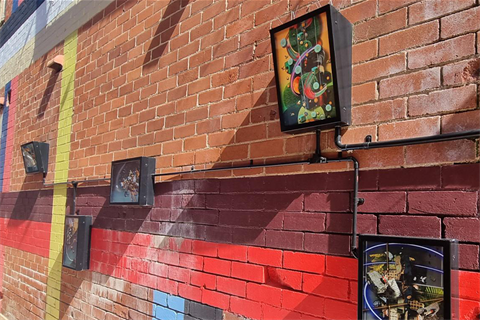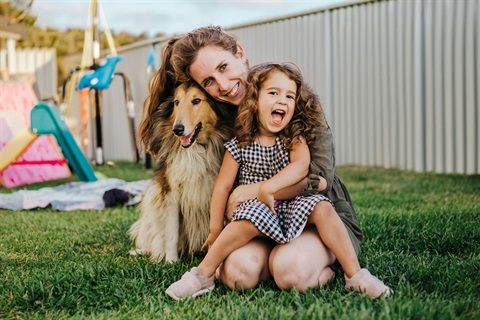Written by Sarah Ison on Feb 9 2022. Originally published in the Australian
The government has narrowly avoided a push from independent, Greens and Labor senators to debate a rival anti-corruption bill in the upper house, with the move being blocked after a tied vote in the Senate.
Independent senator Rex Patrick on Wednesday morning moved to suspend standing orders to allow debate on an anti-corruption commission model proposed by lower house independent MP Helen Haines.
“It’s not like we’re at the start of the 46th parliament, we’re at the end – and there’s a commitment by the Prime Minister to deal with a federal integrity commission that has not been met,” Senator Patrick said. “That’s why this must be dealt with today.”
Senator Patrick said Australians had lost trust in politicians as a result of the “sports rorts” scandal, carpark grant rorts, the blind trust that paid former attorney-general Christian Porter’s legal bills in his defamation battle against the ABC, and purchase of the Leppington Triangle in Western Sydney for 10 times its worth.
“There are so many issues that we need to have addressed in relation to corruption so that people can regain confidence in this place,” he said.
Labor also supported the motion to suspend orders and debate the bill. “We have been calling for an anti-corruption commission for some time,” manager of opposition business in the Senate Katy Gallagher said. “The government promised a national anti-corruption commission 1154 days ago.”
The Greens voiced their support as well, but the government and One Nation did not support the motion to debate the bill.
Finance Minister Simon Birmingham said the government had “well-developed draft legislation” and misconceptions were being “peddled” about the model.
Votes were tied in the Senate over whether to debate the bill, resulting in it being shelved.
Scott Morrison was grilled on Monday about whether he could legislate a federal anti-corruption commission in the current term, which he had promised to do at the last election. “The term is not completed yet,” the Prime Minister said. “So we’ll see.”

His comments followed Attorney-General Michaelia Cash indicating other bills such as the religious discrimination bill would take priority over a commonwealth integrity commission.
The government presented draft legislation for its CIC in late 2020, with consultations running until March 2021. However, its final model has attracted fierce criticism from Labor, the Greens, independents and legal experts.
The Centre for Public Integrity, a group made up of anti-corruption experts and former judges, said the model was too “weak” to curb corruption in federal politics.
Concerns with the government model include the narrow scope of offences for which an investigation could be launched, the lack of retrospectivity, and the inability to hold public hearings.
The government has warned against creating a corruption body too similar to NSW’s Independent Commission Against Corruption, which launched an investigation into former premier Gladys Berejiklian that led to her resignation.
Mr Morrison last year called ICAC a “kangaroo court”. “Those opposite want to support the sort of show which has seen the most shameful attacks on the former premier of NSW,” he said.
Ms Haines told The Australian she would not rule out moving to suspend standing orders and bringing her model to the house during the sitting fortnight.
She said a federal corruption body could be debated “tomorrow” if the government allowed it to be put on the agenda.







